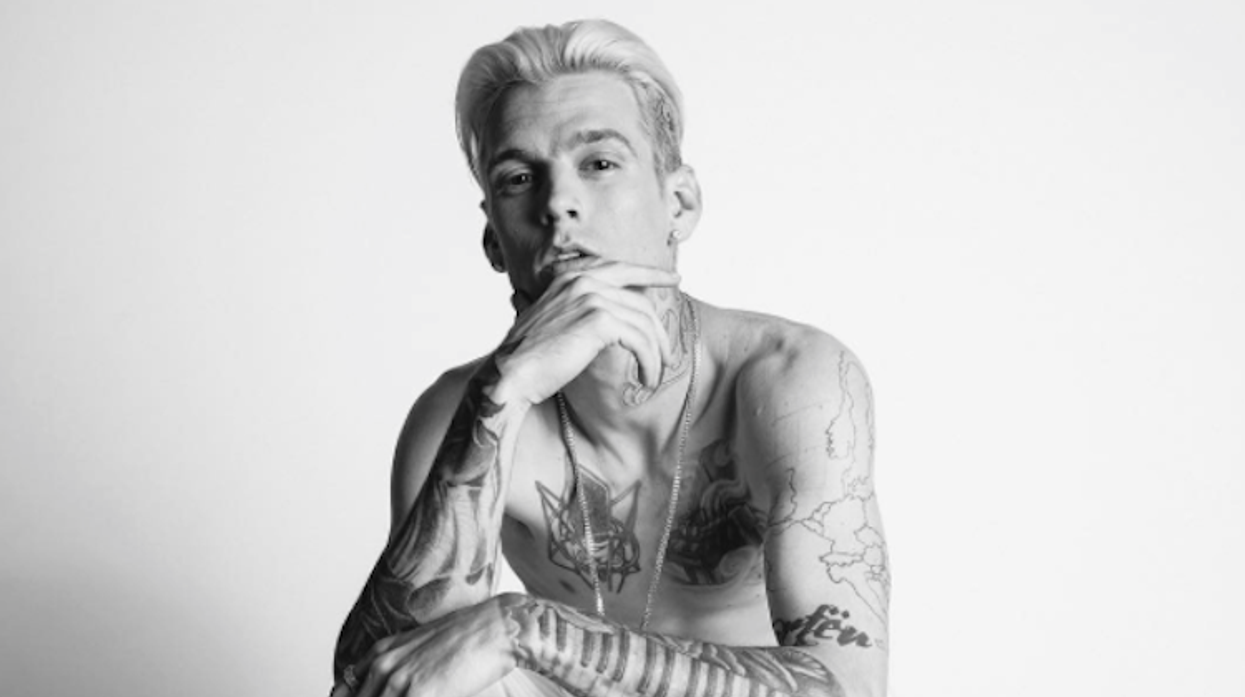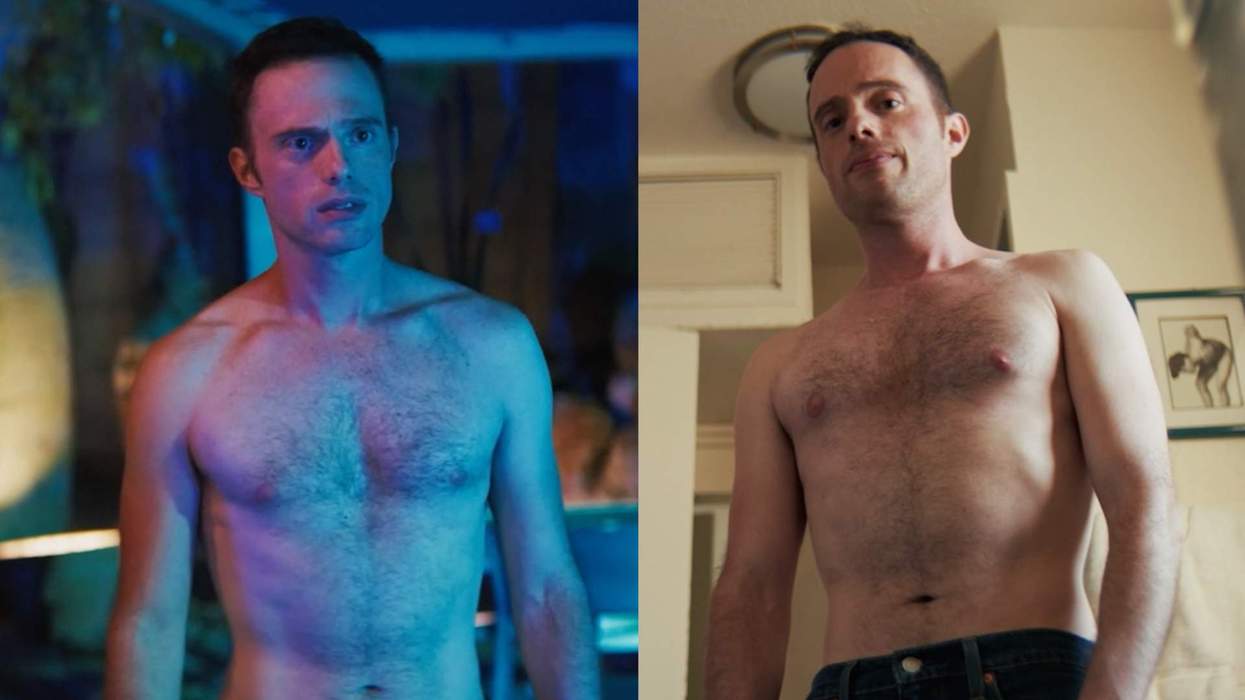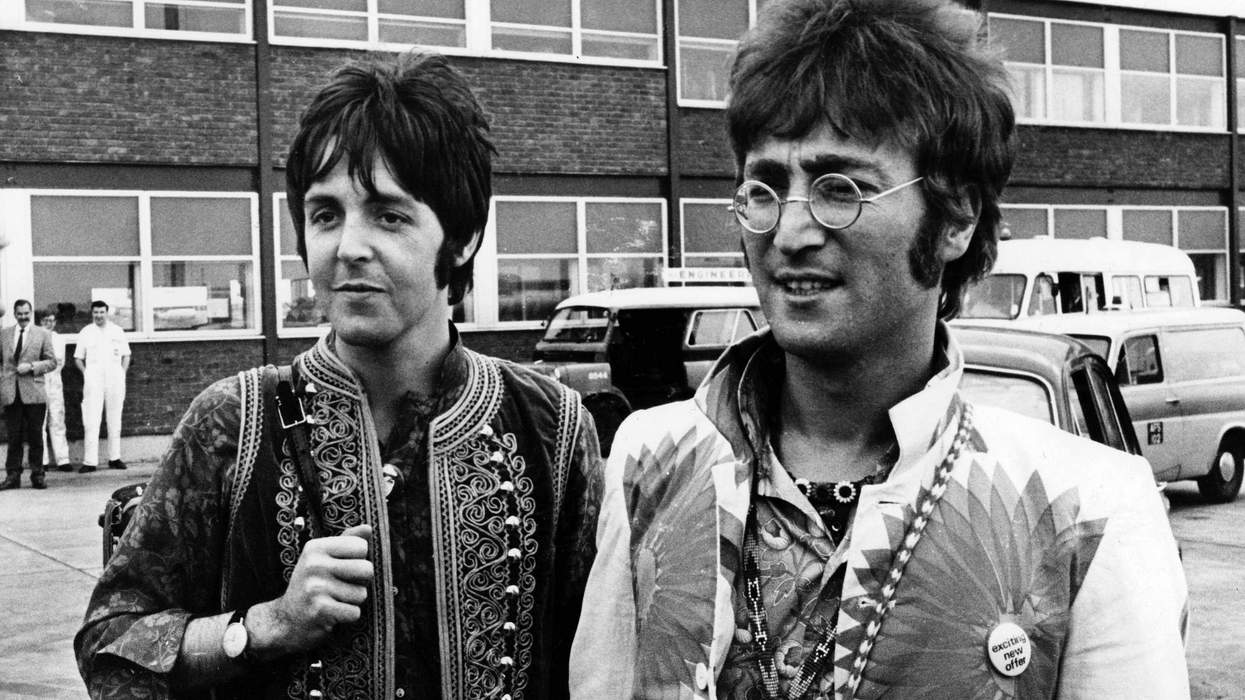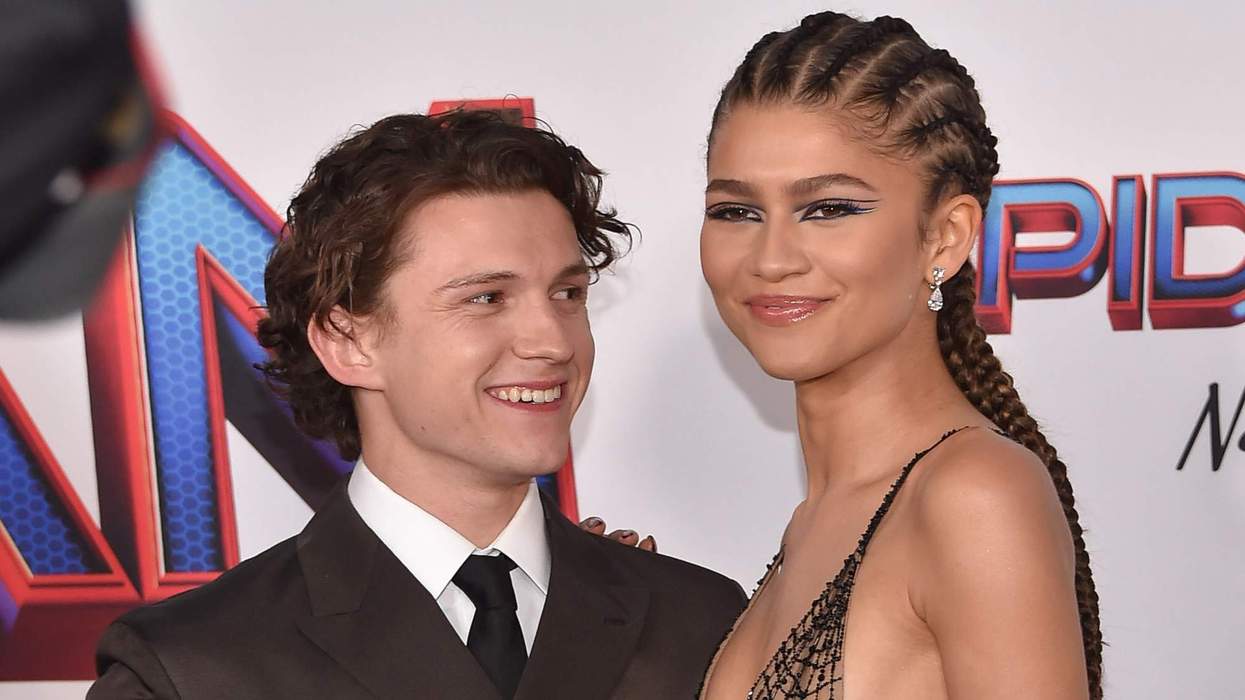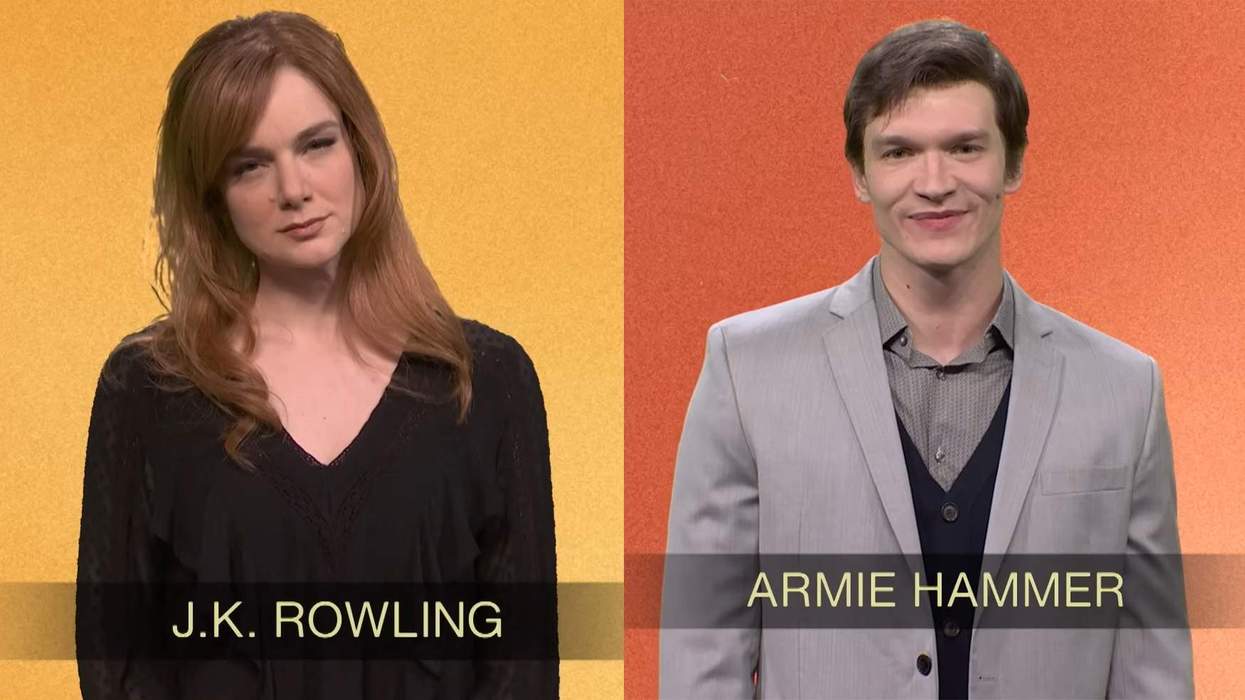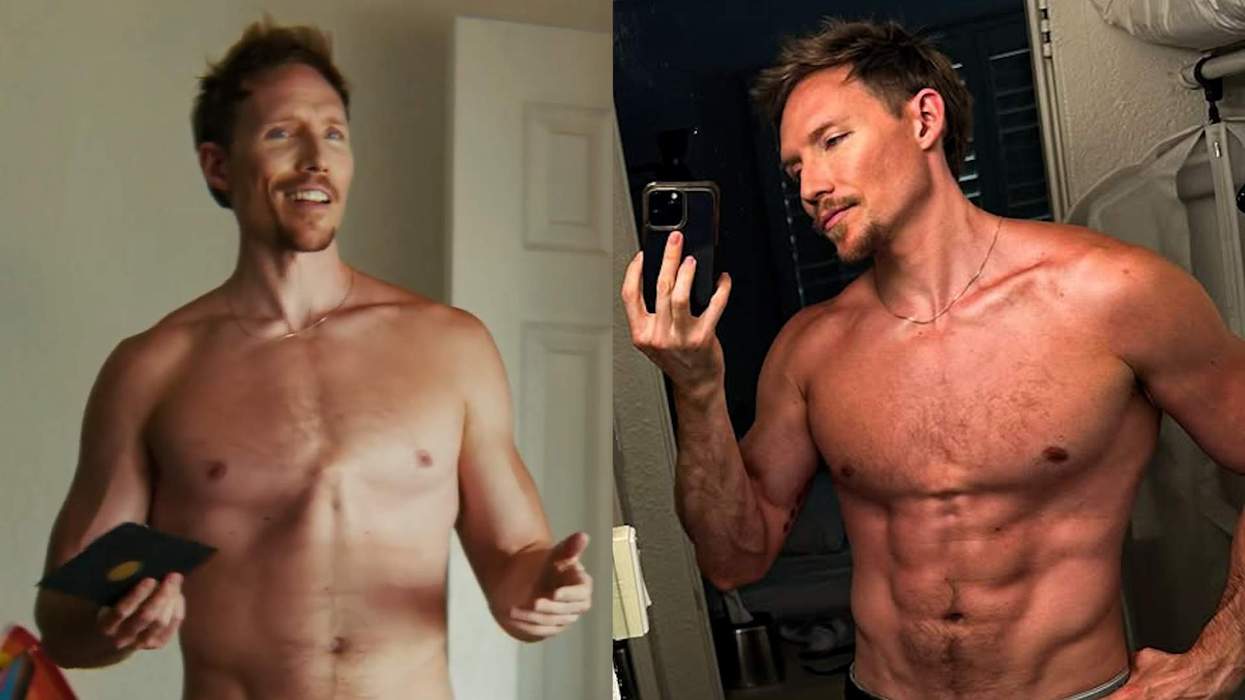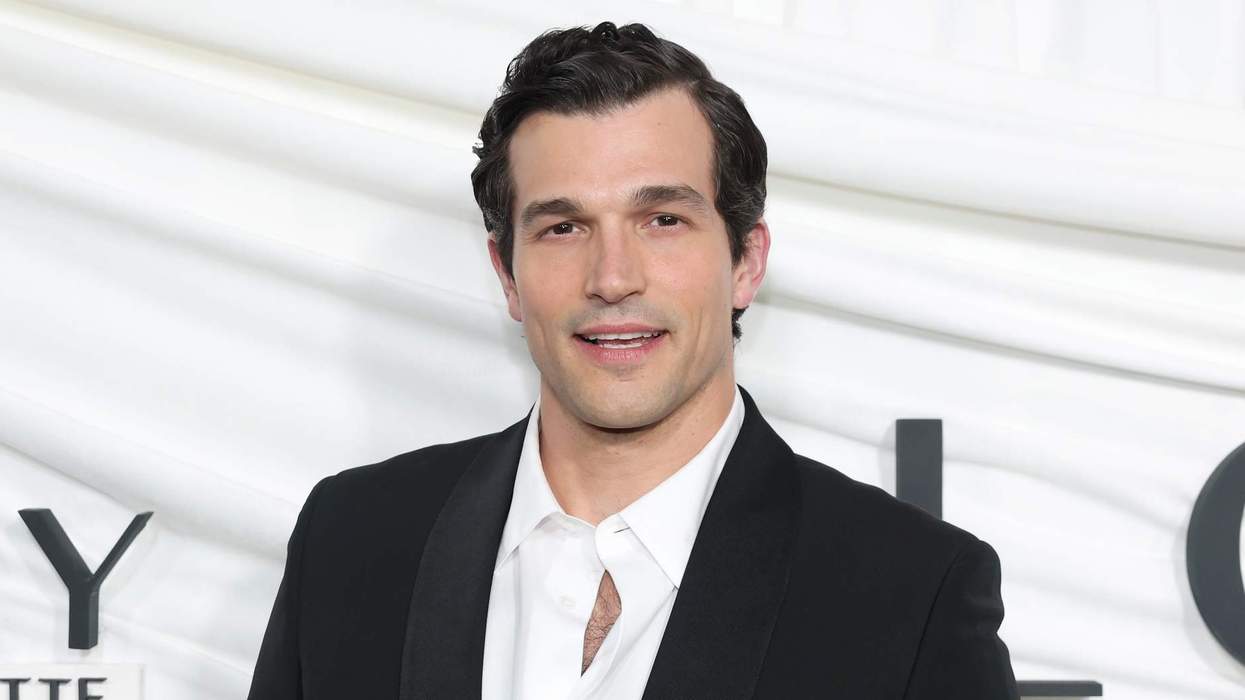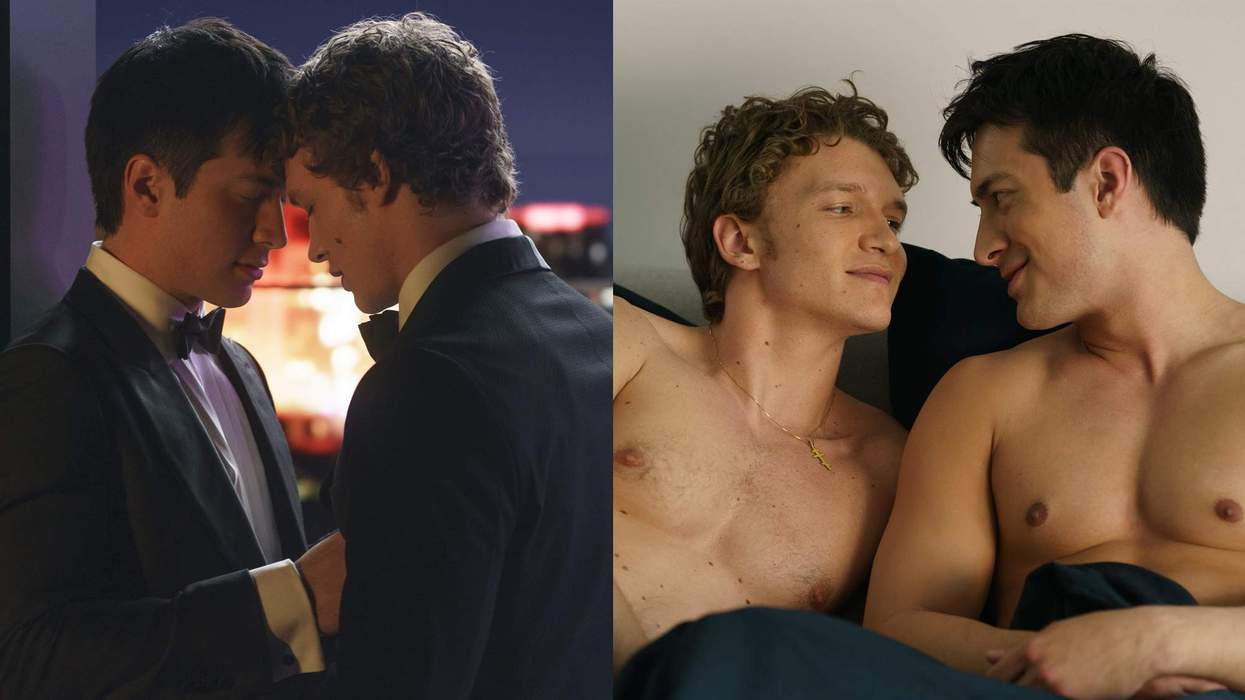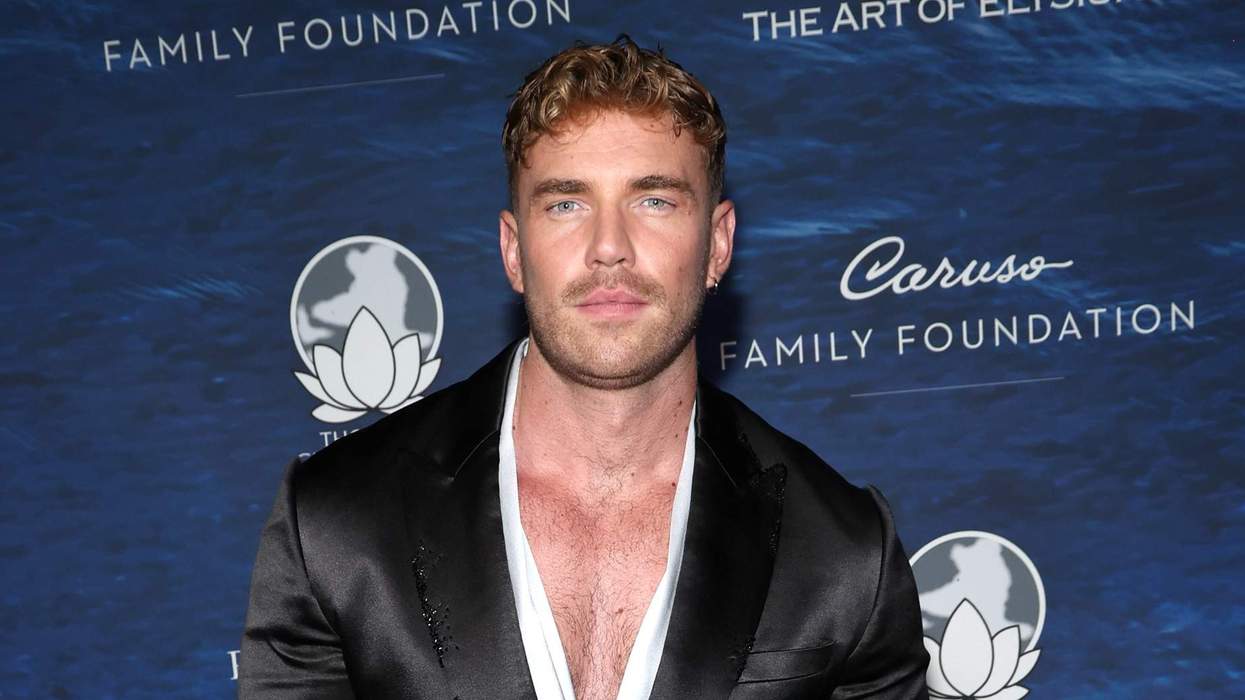Early Saturday morning, Aaron Carter, of Kidz Bop fame, posted a personal note to Twitter. "To start off, I would like to say that I love each and EVERY ONE of my fans," he began, before revealing an attraction and experiences, presumably sexual, with both men and women. In the resulting news coverage, the letter has been sensationalized as Carter's "coming out," with some labeling him bisexual. But upon a closer reading of the letter, like fellow musicians Tyler, the Creator, Frank Ocean and Keke Palmer before him, Carter never explicitly identifies as any sexuality.
Related | Aaron Carter Opens Up About His Sexuality on Twitter
Surrounding the release of Tyler, the Creator's album Flower Boy, there was a flurry of speculation about his sexuality, with revealing lyrics about "kissing white boys since 2004." There was an entire track about a garden shed, which is an easy allegory for "being in the closet," and also a line about him "lookin for a 95 Leo," which is more than a nod at his ongoing attraction to Leonardo DiCaprio. But through it all, Tyler never publicly claimed a sexuality. The same occurred in 2012 when his Odd Future collective-mate, Frank Ocean made his big revelation.
"4 summers ago, I met somebody," he wrote on Tumblr. "I was 19 years old. He was too." Later, he continued. "It was my first love, it changed my life. Back then, my mind would wander to the women I had been with, the ones I cared for and thought I was in love with." The rest of the letter details bits of the relationship, which would see Ocean give an admission of love to the guy, who had a girlfriend at the time and wouldn't repeat it back for 3 years. Still, the words gay, bixexual, queer or any other sexuality are missing from Ocean's dispatch.
While these could seem like oversights to some, in a culture that's all about LGBTQ+ self-identification, isn't this shift significant? Even without the current climate, it's important and, for many audiences, a perspective on sexuality that doesn't quickly sink in. In fact, Ocean went so far as to push back against the label of" bisexuality" in a 2012 GQ interview.
"You can move to the next question," he said. "People should pay attention to that in the letter: I didn't need to label it for it to have impact. Because people realize everything that I say is so relatable, because when you're talking about romantic love, both sides in all scenarios feel the same shit. As a writer, as a creator, I'm giving you my experiences. But just take what I give you. You ain't got to pry beyond that. I'm giving you what I feel like you can feel. The other shit, you can't feel. You can't feel a box. You can't feel a label. Don't get caught up in that shit. There's so much something in life. Don't get caught up in the nothing. That shit is nothing, you know? It's nothing. Vanish the fear." And those ideas have weight.
There is a school of thought that believes there is value in celebrities publicly identifying as a very specific, named sexuality. And that school of thought isn't necessarily wrong. For marginalized people who also identify with those specific labels, that visibility is vital. But not everyone identifies with labels--some identify with experiences.
Speaking about her "I Don't Belong To You" music video, which centered on a queer narrative with fellow singer, Cassie, Keke Palmer told People it "was to represent the young woman today--it's not the traditional woman anymore--and not the specifics of 'Am I gay? Am I straight? Am I bi? I'm making the rules for myself, and I don't have to be stuck down to one label."
Just like people who find comfort and connection to those seemingly finite sexual orientation labels, there are others who do not. Whether that's because they are curious and figuring things out or they've decided those labels are too narrow to match what they feel, they collectively shun the LGBTQ tags. And those people deserve representation, too. If we truly believe that sexuality is fluid, then why must someone stop that fluidity and forcibly declare an unnatural title? Isn't the validation of the experience more potent?
Carter, Tyler, Ocean and Palmer are representations of that fluid experience, where one can be involved with a man or woman, and not feel that it converts their sense of self. These public figures help add to an ongoing conversation that's been waged for years by those who have adopted specific sexuality categories, either willingly or reluctantly. Their disregard for labels is not negligence, but a means of empowering the potential for sexual experiences, and why would anyone attempt to decry that for LGBTQ "team" politics?
"I don't belong to anyone else but myself," Palmer said. "I have to make my own decisions. Happiness is defined by me. My sexuality is defined by me."


